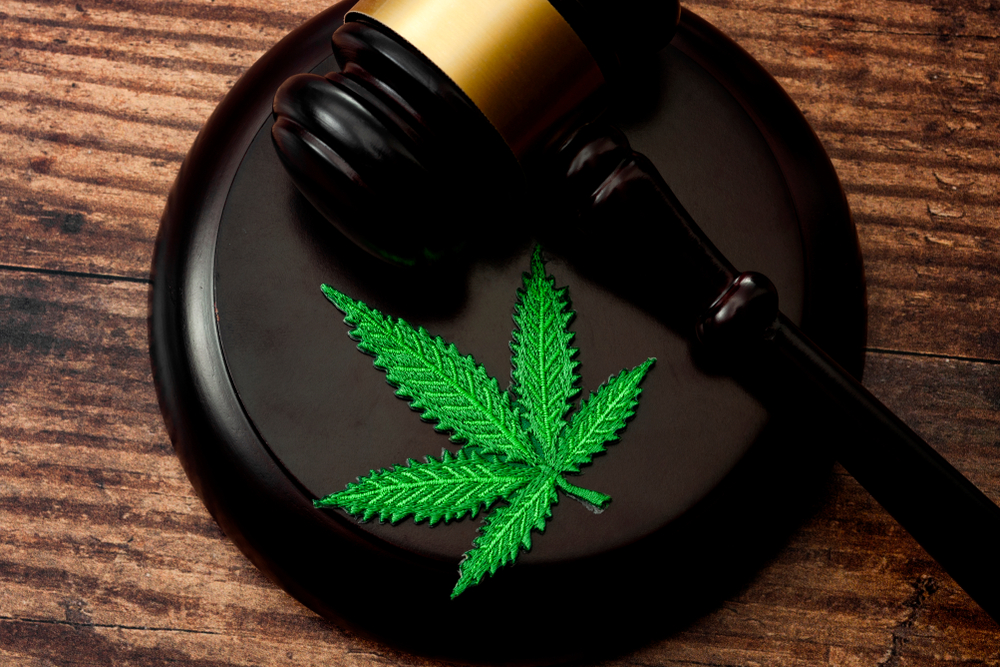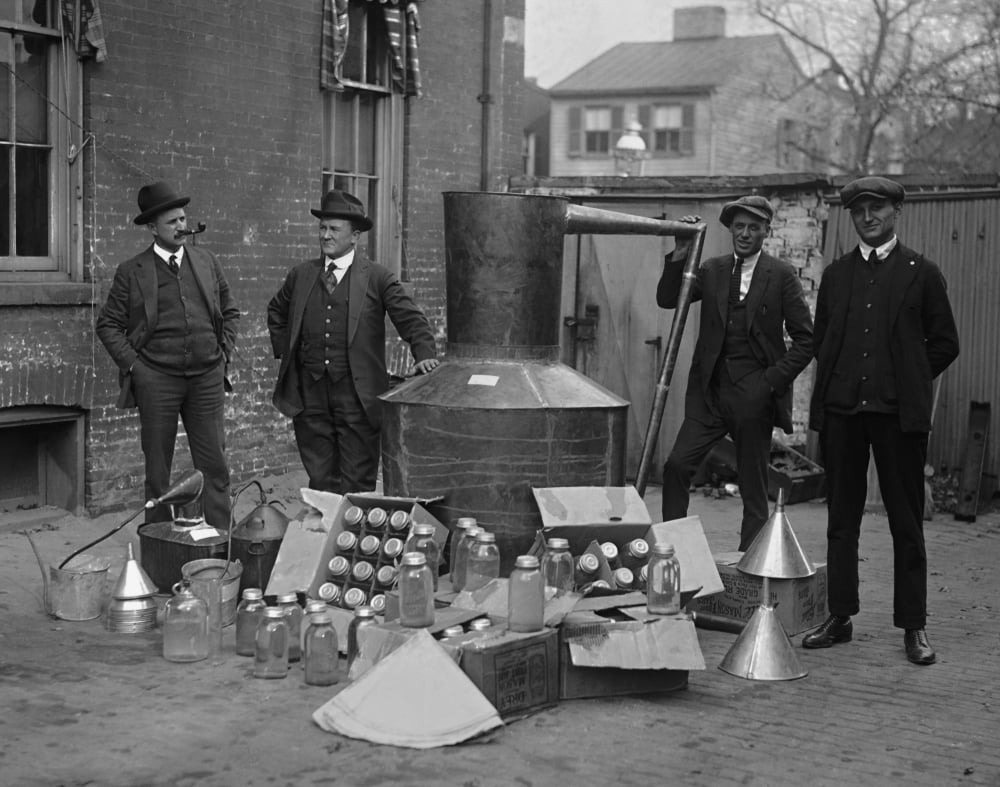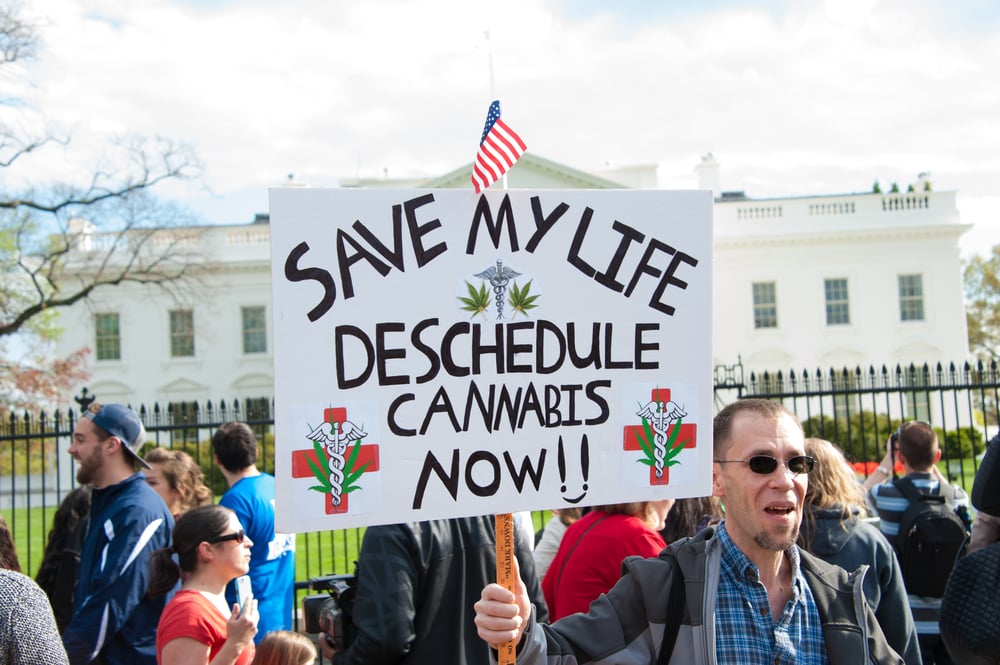What Does Schedule 1 Mean?
By CLOVR Cannabis
June 28 2022
Now that Missouri is one of the dozens of states that have legalized medical marijuana, Missourians are becoming more and more familiar with the basics. We’ve also covered several topics like different MJ products, different intake methods, how to roll a joint, bongs and more. As folks are becoming more comfortable with marijuana, one phrase that you might hear from time to time is Schedule 1.

But what does this mean? Marijuana is a Schedule 1 drug – but what does that mean? And how are states able to legalize medical – and in some places, recreational – marijuana if this is a drug?
The answers is a bit complex and can be broken down into two parts: the history of marijuana prohibition and state vs federal laws. We’ll cover the first part in this blog post and next week we’ll cover the second.
When we hear the word prohibition we normally think of the Volstead Act, the national prohibition of alcohol in the US in the early 1900s. But alcohol wasn’t the only substance that was under the microscope of the federal government.

In an effort to curb true illegal and dangerous practices – among other regulatory, control purposes – both the federal and state-level governments began passing a series of laws and acts to regulate the development, manufacturing, transportation and sale of pharmaceuticals. Marijuana was included in these substances.
There are half-a-dozen-plus laws and treaties that were put in place between the early 1900s and 1970, when the Controlled Substance Act was passed (more on that and its after effects later on in this post). For the sake of brevity, the most notable ones were:
The late 1960s-early 1970s time period in US history witnessed the clash between the counter culture (hippies, anti-Vietnam War protests, civil rights) and the Nixon government, with marijuana being caught in the crosshairs. This law was the first hardcore crack down of marijuana and other drug usage and was the beginning of the disastrous “War on Drugs” campaign that has spanned several presidencies. Among many other harsh rules and repercussions, all illicit drugs were categorized – or “scheduled”- into groups based on how easy it was for a person to get addicted and the degree of medical applications the substance had.

In this law, marijuana was put in the highest category: Schedule 1, along with heroin, LSD and methaqualone – essentially barbiturates. It’s worth noting that cocaine is Schedule 2. Not only was marijuana demonized, now it was criminalized. This scheduling of marijuana made it a crime to use cannabis for even life-threatening conditions. Incidentally, this is when the cannabis advocacy group, NORML started.
(At the time of this writing …)
Marijuana is currently still federally categorized as a Schedule 1 and many bills have been introduced and passed through either the House or the Senate, but none have been able to reschedule cannabis to a more suitable categorization. Most members of congress support restructuring marijuana laws, but a variety of roadblocks have kept the federal government from doing so – including the COVID-19 pandemic, natural disasters and changes in presidents and political party ratios in congress.

Beyond the reclassification, there are two primary steps in restructuring federal laws: decriminalization and legalization. Basically, decriminalization would stop the harsh punishments for marijuana possession and usage. This would also help pave the way for expunging criminal records and releasing people incarcerated for minor possession offenses. It would also be the first step in allowing marijuana-based companies (MBC) to operated in the banking system (that is federally ensured).
And illegalization would be the full legalization of marijuana cultivation, manufacturing, distribution, sale and possession for businesses and individuals. This does not mean there wouldn’t be some level of regulation by state and/or federal government, but it would mean all these decades of fighting something so beneficial as marijuana would be in our rearview mirrors.